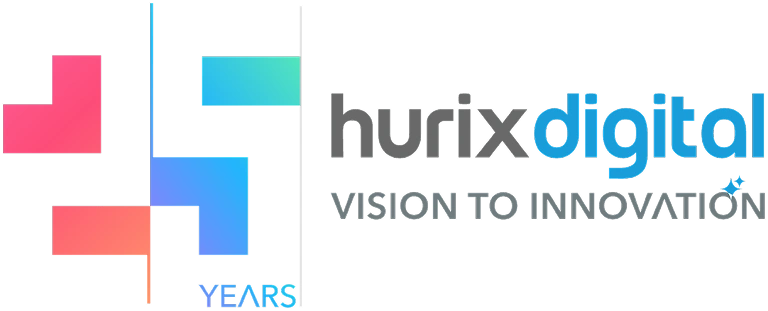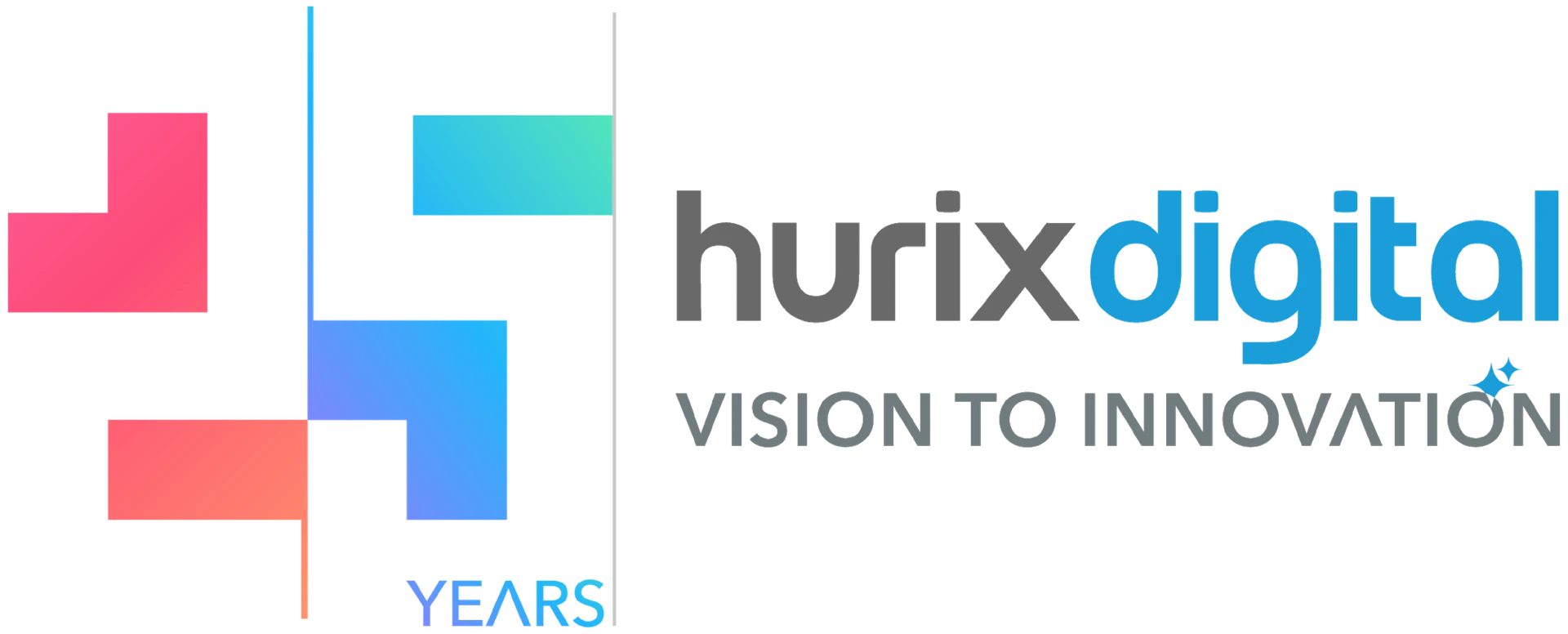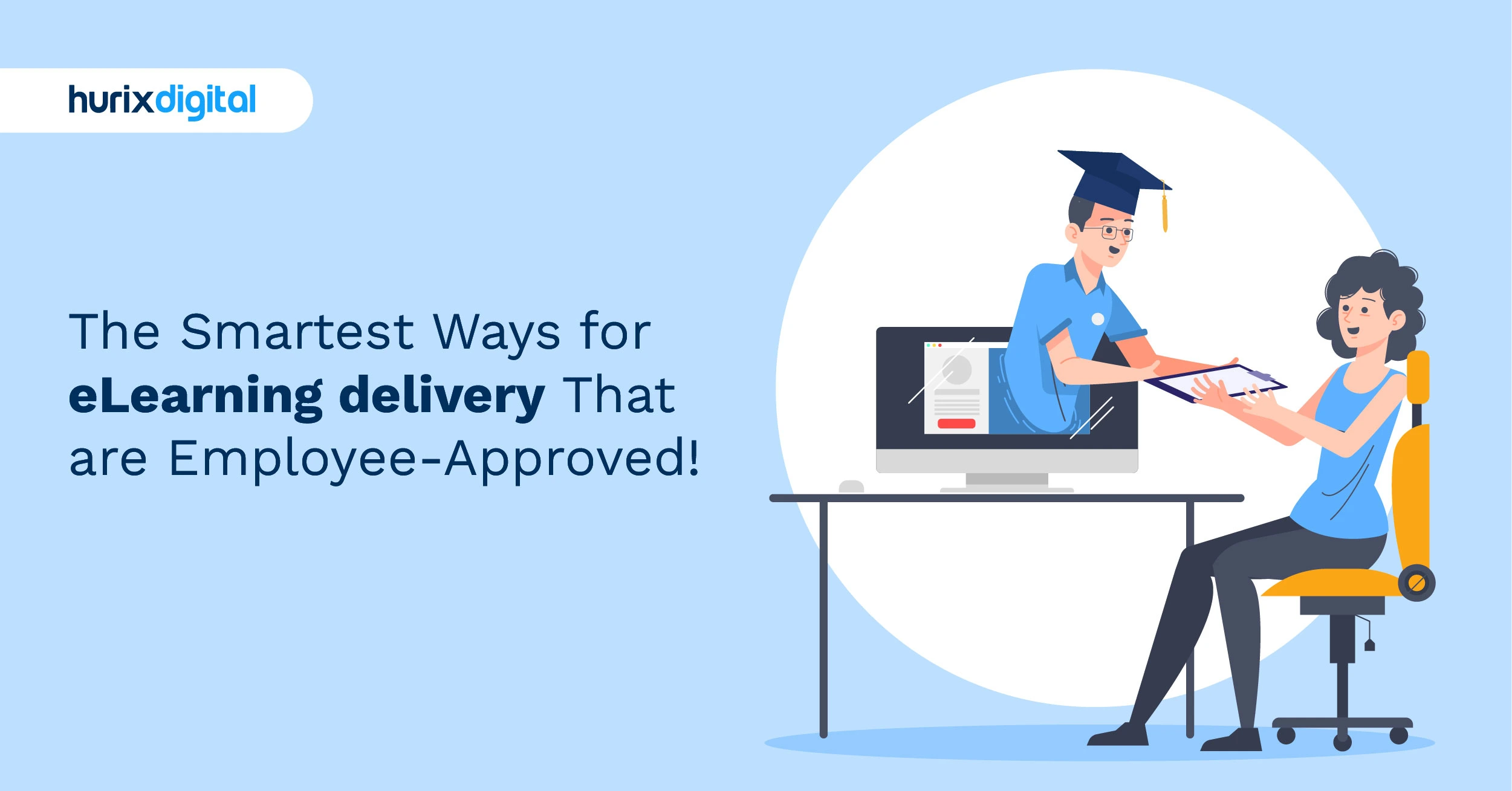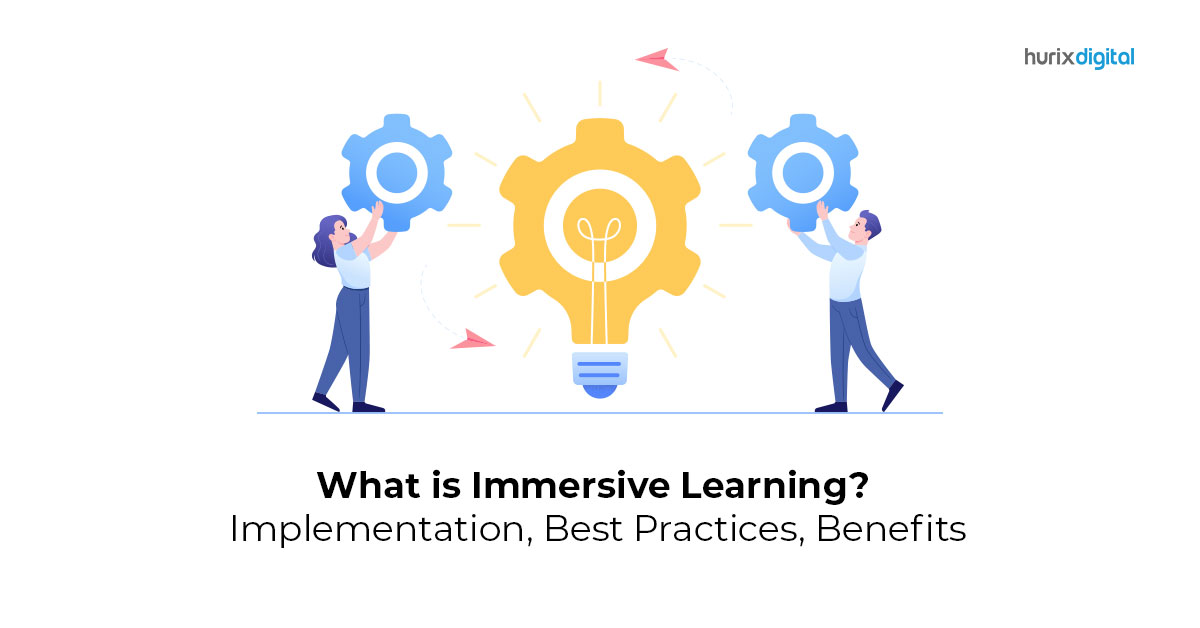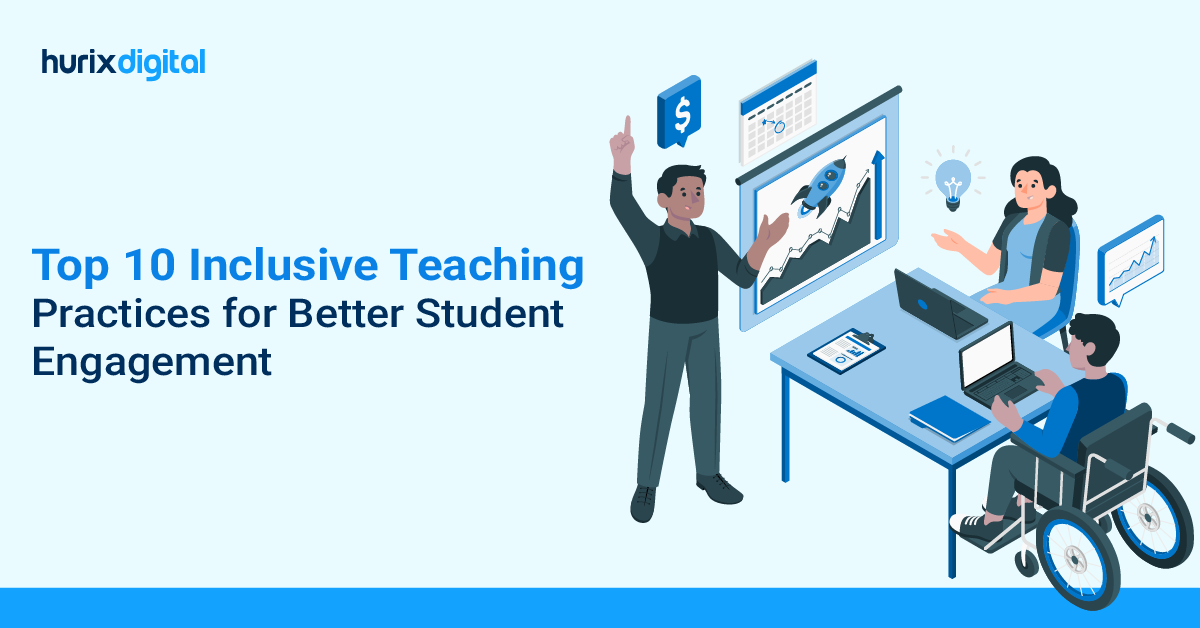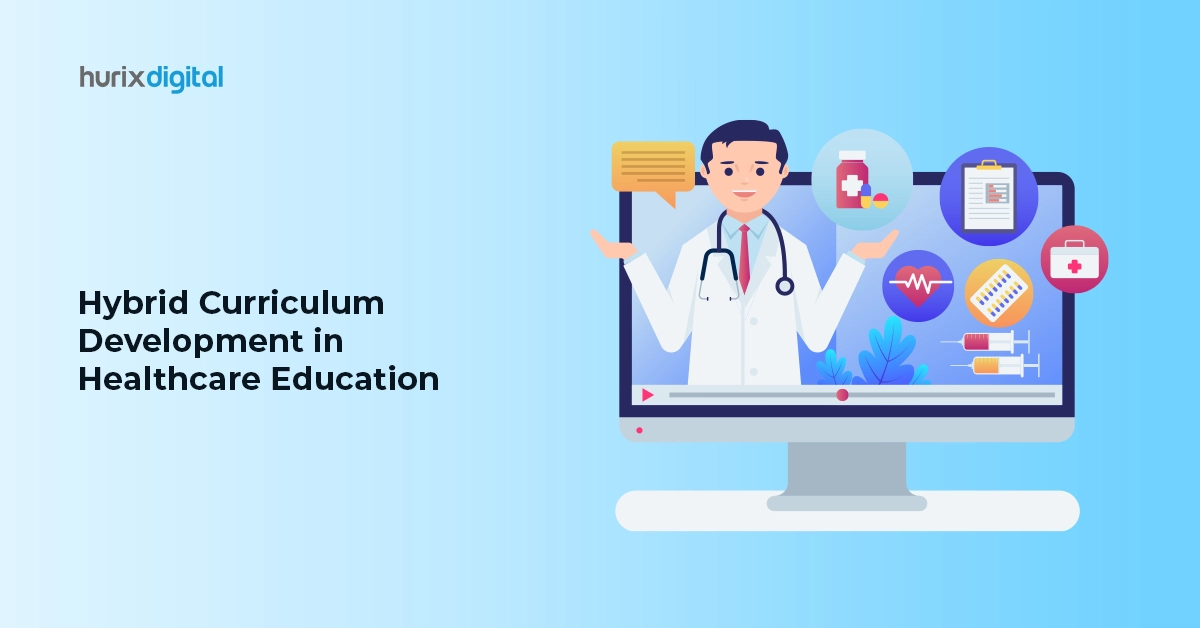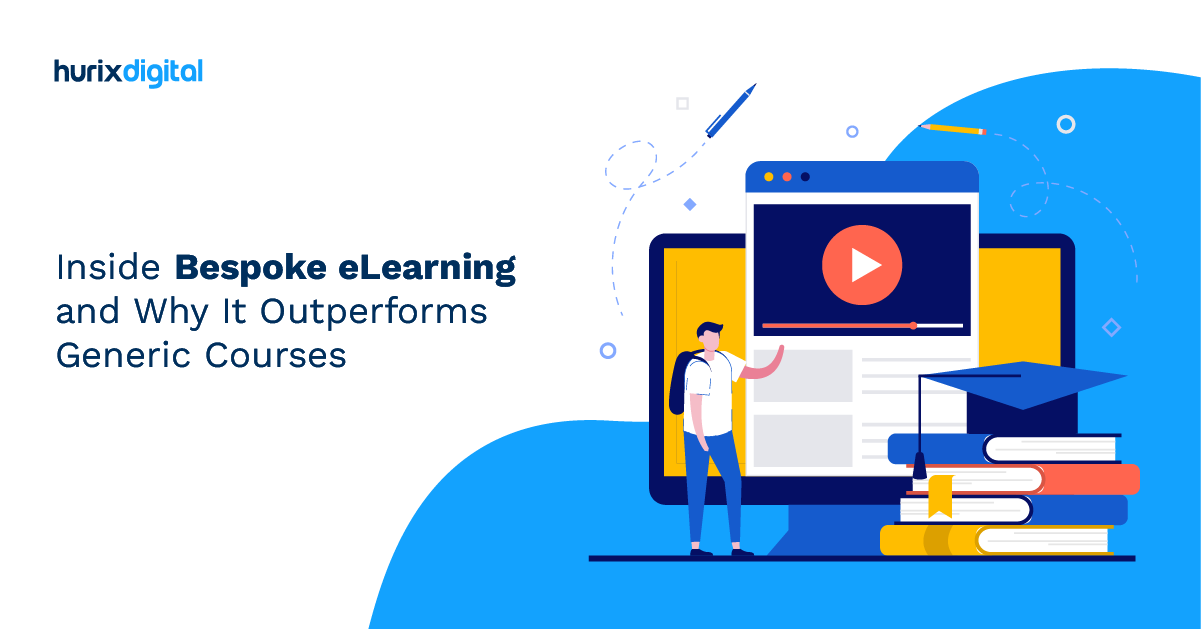
Inside Bespoke eLearning and Why It Outperforms Generic Courses
Summarize with:
With the rise of eLearning, businesses and educational institutions are utilizing the online medium to deliver exceptional learning experiences more efficiently and cost-effectively.
Bespoke eLearning is one such trend that is now taking the eLearning opportunity to the next level. Instead of off-the-shelf, one-size-fits-all courses that have been offered until now, bespoke eLearning courses are slowly garnering attention for their ability to be customized based on the specific needs of learners.
The previous decade has witnessed the education industry going through rapid changes. With e-learning becoming a 399 billion dollar market, students have an abundance of learning opportunities.
That is why it has become crucial for teachers to employ an intuitive approach to engage the students. This is where bespoke learning chimes in with its student-centric learning model.
In this blog post, we will discuss what bespoke eLearning is, ways to implement it, and how it can benefit your institution.
Table of Contents:
- What is Bespoke Learning?
- Types of Bespoke Learning
- Why is Bespoke Learning Relevant?
- Top 5 Benefits of Bespoke eLearning
- Strategies to Use Bespoke eLearning for Student Engagement
- Summing Up
What is Bespoke Learning?
Bespoke learning refers to a highly customized approach by institutions toward upskilling their learners. Instead of opting for off-the-shelf programs, the institution’s exact needs are drilled down, and learning is delivered accordingly.
Programs are further aligned with the institution’s goals. Content and content delivery are fully tailored and can continue to evolve based on data analytics regarding learning habits and milestones. Today, bespoke learning in higher education is also a growing reality, as learners seek to study topics relevant to their interests in a manner that aligns with their learning style.
Types of Bespoke Learning
Before understanding the benefits of bespoke learning, let’s understand what options you can choose from:
1. Self-Paced Learning
Self-paced learning refers to an approach where students can progress at their own pace. It facilitates motivation since students can direct their focus on areas they deem unsatisfactory.
2. Flipped Classroom
This learning experience involves students working through the course material independently. Afterward, teachers can assign exercises and activities tailored to the material, thereby enhancing the student experience.
3. Project-Based Learning
With project-based learning, students work on real-world tasks that need practical skills and knowledge. The approach can enhance student learning by stimulating their critical thinking and problem-solving skills.
4. Tech-Based Learning
In this approach, students rely on technology, such as augmented reality (AR) and virtual reality (VR). The immersive approach enhances learning with intuitive situations and experiences.
5. Blended Learning
Blended learning mixes the benefits of in-person learning with eLearning. The approach allows students flexibility to engage in online learning while interacting with the teachers and peers in person.
Why is Bespoke Learning Relevant?
Bespoke learning solutions take into account the multiple factors within which learning must occur. The level of skills, skills profile, and digital transformation needs will play a key role in training.
eLearning service providers use bespoke eLearning to deliver more value to individual learners rather than provide a one-size-fits-all program.
Top 5 Benefits of Bespoke eLearning
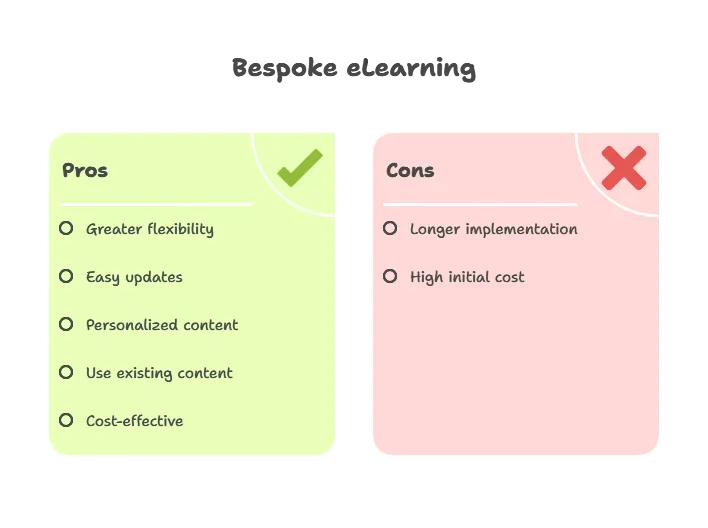
Bespoke eLearning content may take longer to implement compared to off-the-shelf courses that are a direct plug-and-play. However, Bespoke eLearning comes with inherent benefits, which include the following:
1. Greater Flexibility
Bespoke eLearning courses are built specifically to the learner’s demand, often using a combination of self-paced and instructor-led learning materials. This helps learners gain a comprehensive learning experience, allowing them to choose topics that are most relevant to their interests.
Plus, the course can be accessed anytime, from anywhere, and on any device, making it a convenient option for several learners. This helps make the course suitable for a wide range of learners, including students, full-time workers, and others.
2. Easy To Update
The problem with most off-the-shelf courses is that they are very hard to update with the latest mandates and information. Since the entire course system is designed only once, including updates or new information may require the old course to be scrapped and a new one to be designed.
Bespoke eLearning addresses this issue by ensuring that each module is tailored to the learner’s needs. This makes it easier for the module to be updated and included/excluded in the course that is offered to the learner, making it highly scalable and ideal for the long run.
3. Personalized Content
The courses can be tailored to the specific needs of the institution and its learners. This means that the content is personalized, relevant, and engaging, which can lead to better learning outcomes and higher retention rates.
Additionally, the company can incorporate its branding and assume complete ownership of the course content.
4. Use Existing Content to Design New Courses
Bespoke eLearning programs enable trainers to select existing content and tailor the course to meet the specific needs and learning styles of individual learners. This can completely transform training and teaching mechanisms, which is ideal for industries with multiple stakeholders and departments.
For example, an institution can have market-tailored training and tech-focused training. While this is apt for the marketing and tech teams respectively, a salesperson will need the combination of both to efficiently perform their role.
This is where the training teams can take relevant sections of both courses. Thus, the salesperson knows the basics of technology to effectively sell the product and also gains marketing expertise to know what to say.
5. Cost-Effective
While Bespoke eLearning may require a high initial investment, it proves to be cost-effective in the long run. By creating customized content, institutions can reduce the time and resources spent on training and the frequency of in-person training sessions.
Strategies to Use Bespoke eLearning for Student Engagement
Did you know that schools implementing personalized learning can increase student engagement by up to 60%? Let’s see how you can achieve such results by employing top bespoke learning strategies:
1. Run a Thorough Assessment
To create a customized learning program, you must understand where your students stand. An apt way to gauge their strength and vulnerabilities is by administering diagnostic assessments.
Based on your course, you can use multiple-choice questions, short-answer questions, or long-answer questions to formulate the test.
2. Develop ILPs (Individualized Learning Plans)
ILPs or Individualized Learning Plans can go a long way in improving students’ learning capabilities.
Over 83% of educators believe that individualized learning pathways can improve student engagement and learning outcomes. Based on the assessment, you can curate personalized learning paths for students that align well with their preferences, learning patterns, goals, and strengths.
The plan should act as a distinct roadmap to guide them throughout the learning experience.
3. Facilitate Flexibility
Regardless of what bespoke eLearning approach you have adopted, enabling self-paced learning can be beneficial. Allowing students to progress at their own pace enables them to grasp challenging topics more easily.
Leaving room for self-paced learning can keep students from feeling overwhelmed or bored.
4. Real-World Projects
Teaching students practical skills required in real-world situations is a good idea to keep them engaged.
When learners see how the concepts they are learning can apply to their careers, social reforms, and routine lives, their engagement will deepen. Adding a sense of real-world context lends meaning and purpose to learning, fostering curiosity and engagement.
5. Immersive Learning
Studies have shown that immersive technologies, such as VR (virtual reality), can help students retain up to 75% of information compared to the standard 10%.
Thus, establishing an immersive environment can help students stimulate their imagination. Using multimedia elements, such as videos and audio, can also create new entry points for them to grasp complex concepts.
6. Use Adaptive Technology
According to the Education Development Center (EDC), student-centered learning models, such as personalized learning, can increase students’ self-reported engagement and interest in learning.
With adaptive technology, you can tailor course material based on students’ performances. Moreover, students can get real-time feedback to customize their learning experience, keeping them engaged in the process.
7. Introduce Collaborative Projects
Peer collaboration encourages discussion, idea exchange, and meaningful interaction. Students participating in collaborative learning are likely to retain more information than students working alone.
In addition, the approach improves critical thinking and interpersonal skills while establishing a shared sense of achievement among them. Thus, engaging students in collaborative projects keeps them engaged while enhancing their personalized learning experience.
8. Use Gamified Elements
Students who experience gamification in learning like it. Maybe that is why even 74% of teachers are using games to enhance their teaching approach.
With gamified elements, you can catch students’ attention, motivate them to perform better, and establish healthy competition among them.
Integrating the right gamification strategies can infuse a sense of excitement by enticing students to gain rewards by completing tasks.
Summing Up
Finding the right set of bespoke learning strategies can be tough. However, doing so can help educators keep students engaged while improving their knowledge retention and real-world skills.
With the Hurix Digital learning management system, you can curate the best bespoke e-learning strategies for your course. As an industry leader in e-learning and higher education solutions, Hurix Digital boasts the right set of tools to provide the best educational methods.
Want to improve the efficiency of your learning modules? Reach Hurix Digital today to enjoy the benefits of personalized learning.
Summarize with:

Senior Vice President
A Business Development professional with >20 years of experience with strong capability to sell new solutions and develop new markets from scratch. New Market Entry Specialist with experience working in the largest emerging markets. Exceptional experience in conceptualizing, ideating and selling new learning technologies like VR AR, etc. across multiple industry verticals.
 A Space for Thoughtful
A Space for Thoughtful 